Contents
How can you become a knowledge scientist?
Knowledge scientist or data science argument is the hottest career of the 21st century. In today’s high tech world, everyone features many questions that will be answered through “big data.” From businesses to non-profit organizations to government agencies, there’s an excellent deal of data available, which will be arranged, interpreted, and applied for a good range of purposes.
Read on to find out the way to become a knowledge scientist or data scientist and hop on this career path! Finding the proper answers, however, are often a significant challenge. How can government departments use behavior patterns to make engaging social activities?
How can a nonprofit use their available marketing budgets to further its potential operations? All this data falls on knowledge scientists. Because there’s too much information for the typical individual to process and use, data scientists are trained to assist, collect, organize, and analyze data from people in every corner of the industry and each segment of the population.
Statistical scientists come from many educational backgrounds, but most of them will have a technical education. Data science degrees cover a good range of major computer-related companies but also can include math and statistics. Training during a business or human behavior is common, which reinforces more accurate leads to their work.
There is almost unlimited information, and knowledge scientists have almost unlimited uses. If you’re curious about this fascinating work, let’s take a better check out the entire career. Discover what they are doing, who they serve, and what skills they have to figure.
Do You Need a Degree to Become a knowledge Scientist?
Focusing on one’s work experience instead of one’s education? Is sensible. However, there are countless samples of college dropouts that have gone wild with wild success. Consider Steve Jobs, Mark Zuckerberg, and Gates.
Some of the foremost influential leaders in science data have non-technical degrees. A data scientist must know statistics and math to research data patterns and manipulate them into different therapies.
They have to use programming skills to handle data that will replace terabytes. They have to know the fundamentals of business to know their business acumen and put other teams into practice supported their insights.
It’s a diverse set of skills, but one benefit is that most data scientists might not have mastered all of those skills in an academic environment. This suggests that you simply often need to learn on your own.
There is still a robust association within the industry for people with degrees. However, knowledge transferred to a college education has much more power: it can open up new networks and supply social evidence that you are committed to overcoming any challenge.
But supported by our experience helping people migrate to data science jobs, we all know that it’s possible to find out data science without a computing or math background. And also to urge the job! So once you don’t necessarily need a selected degree, you would like skills. There are three main sets of knowledge science skills: statistics, programming, and business information.
So, does one need a degree to become a knowledge scientist? Original Conversation: in fact, it helps. When trying to find job postings for data science characters, they typically don’t even mention a baccalaureate rather than jumping for a master’s or Ph.D. In computing, engineering, math, or statistics.
However, because demand is so high, companies often hire people without a graduate degree. What will happen to data analysts? After all, if you’ll prove through project work that you have serious data science skills, it doesn’t matter if you get this formal course of study, a web camp, or yourself. What’s it?
How can you improve your chances as a knowledge scientist?
Oneself against the info science interview process once you’ve grown your professional network and built a standout portfolio, you’ll be wanting to start out trying to find job opportunities.
At now, you ought to specialize in mastering your skills and approving the info science interview process. Once you’ve mastered the info science interview and accepted your first offer, you’ll get on your career path as a knowledge scientist. Learning data science will stop.
-
To urge to understand the network and data science community.
You want to network and connect with the info science community, whether it’s at an area meet-up event or an enormous conference. You want to start networking and determine what opportunities there are in data science, and you want to start trying to find people you’ll collaborate with and learn from.
You’ll want to start building relationships with companies that hire people or who have data science needs: If you plan on a knowledgeable level, you’ll also consider freelancing as a knowledge scientist.
-
Make real-world plans
take the knowledge you’ve got and begin building a portfolio of interesting data science projects. Examine different angles and questions and make interesting analyzes that you can share with others.
You’ll be wanting to create a portfolio site using software like WordPress and a Gtob account and begin using the talents you’ve learned in theory.
-
Learn what data from a specific industry means
The best data scientists not only can work with large, complex data sets but also understand the intricacies of the business or organization they work for.
Combine information about your data science methods with domain knowledge, so you do not get information about a few particular industries. You’ll want to find out some things you have an interest in and then start applying data science methods.
-
Learn the fundamentals of statistics
As a knowledge scientist, you’ll be required to use statistical methods for analyzing and interpreting data. You would like to understand statistics to urge insights from small data groups during a large population.
This is often the essential law for knowledge scientists. You would like to be conversant in these methods because of the holistic mindset related to probabilistic thinking.
-
Learn a programming language
As a basis, we recommend learning a minimum of one programming language so you’ll start twiddling with scale data. It’s strongly recommended that emerging data scientists embrace R or Python to urge started.
These languages are always in competition among data scientists to become the language of choice. Python is diverse, easy, easy to find out, and powerful because it’s its utility in diverse contexts, several of which don’t have anything to do with data science.
R may be a specific environment that appears to enhance data analysis but is considered difficult to find out.
-
Look everywhere to find out resources
Familiarize yourself with different communities and learning resources, and determine which group suits your learning style. Set a learning routine and path supported, which you would like to find out. Get away from where you’re and the way much progress you would like to form.
If you would like to find out data science for free of charge online, our guide to data science jobs features a general overview of the talents you would like to achieve in data science and an honest list of resources.
(We’ll add some resources later.) You want to believe in ways to find out more data science constantly. The simplest knowledge scientist is a lifelong learner.













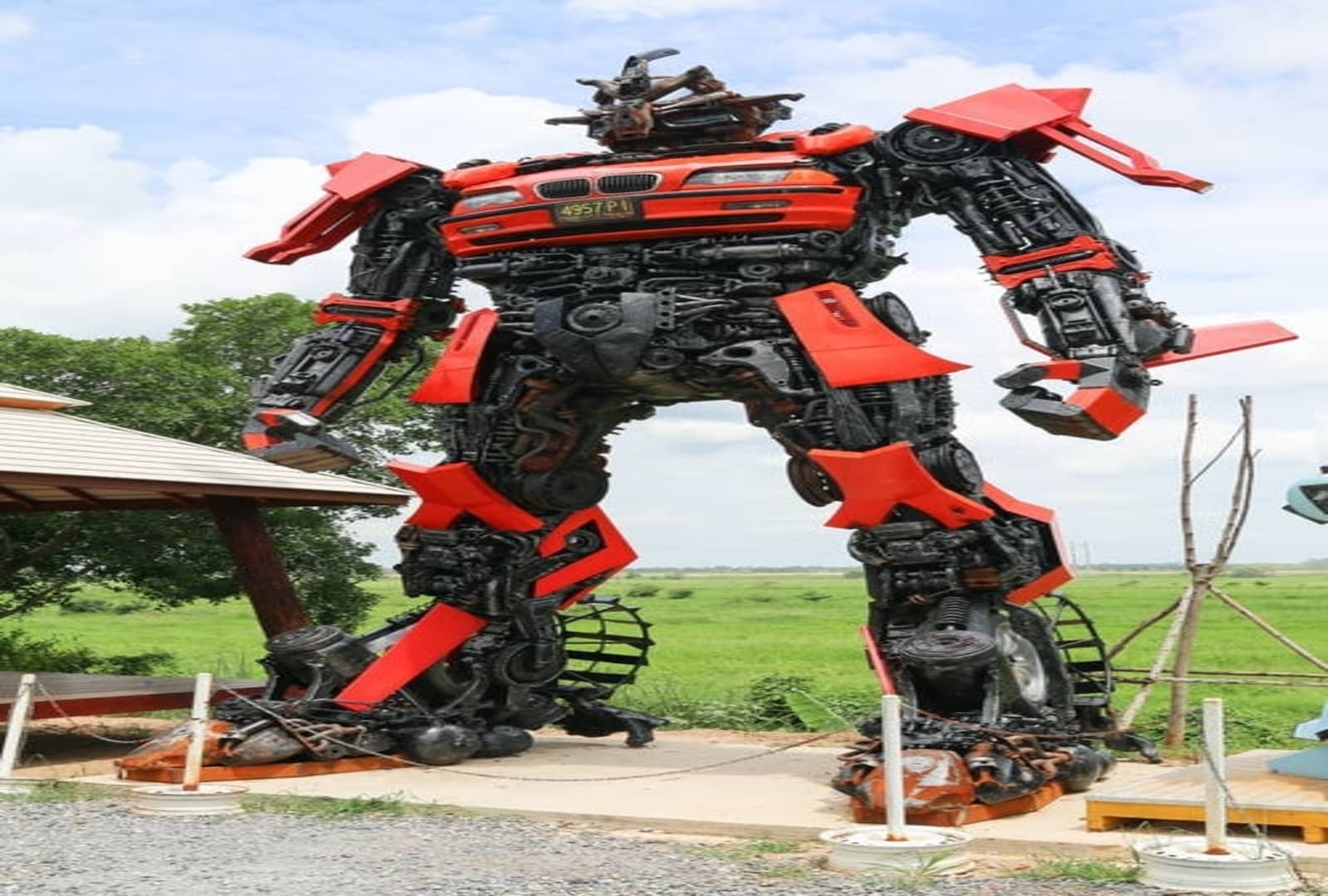















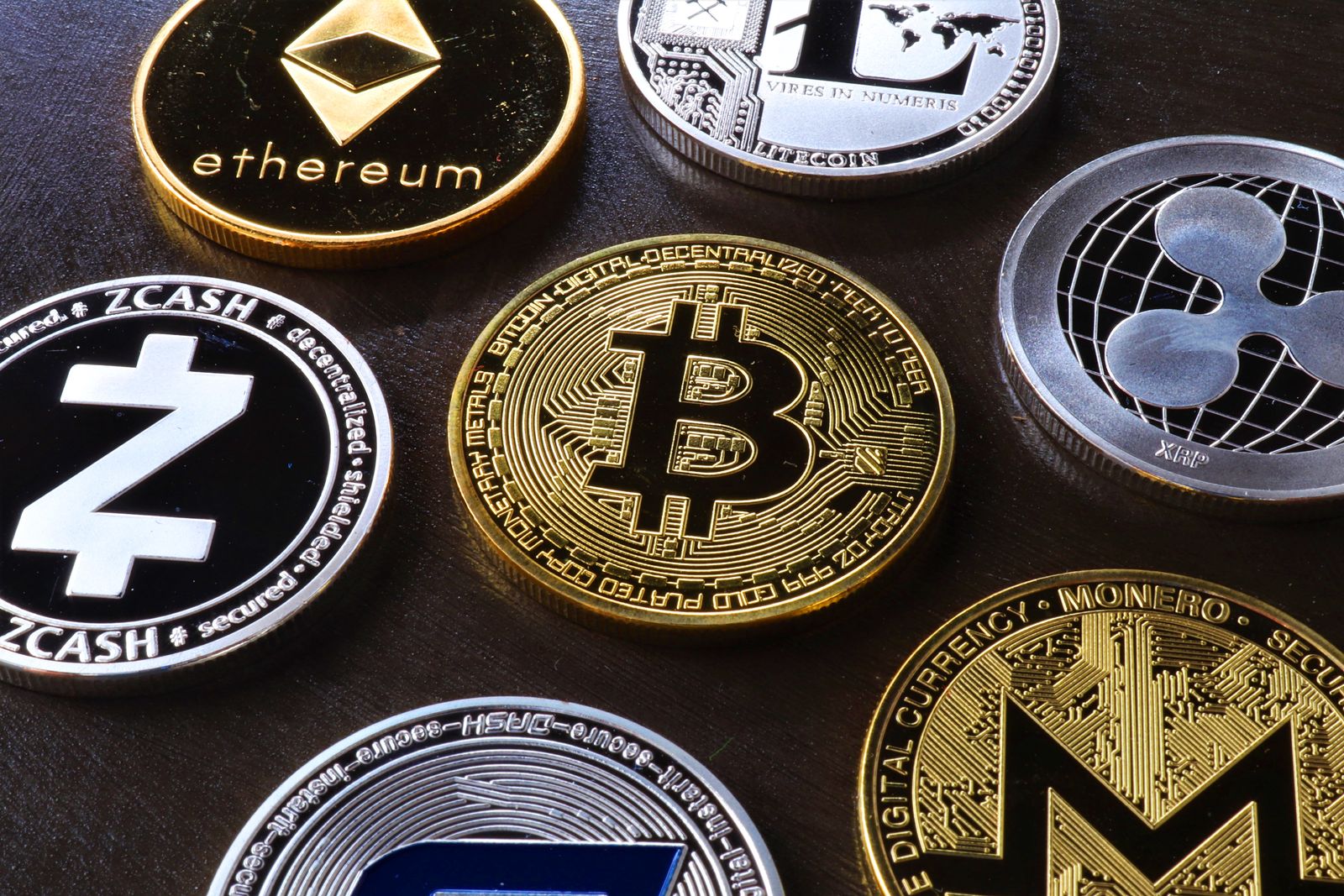
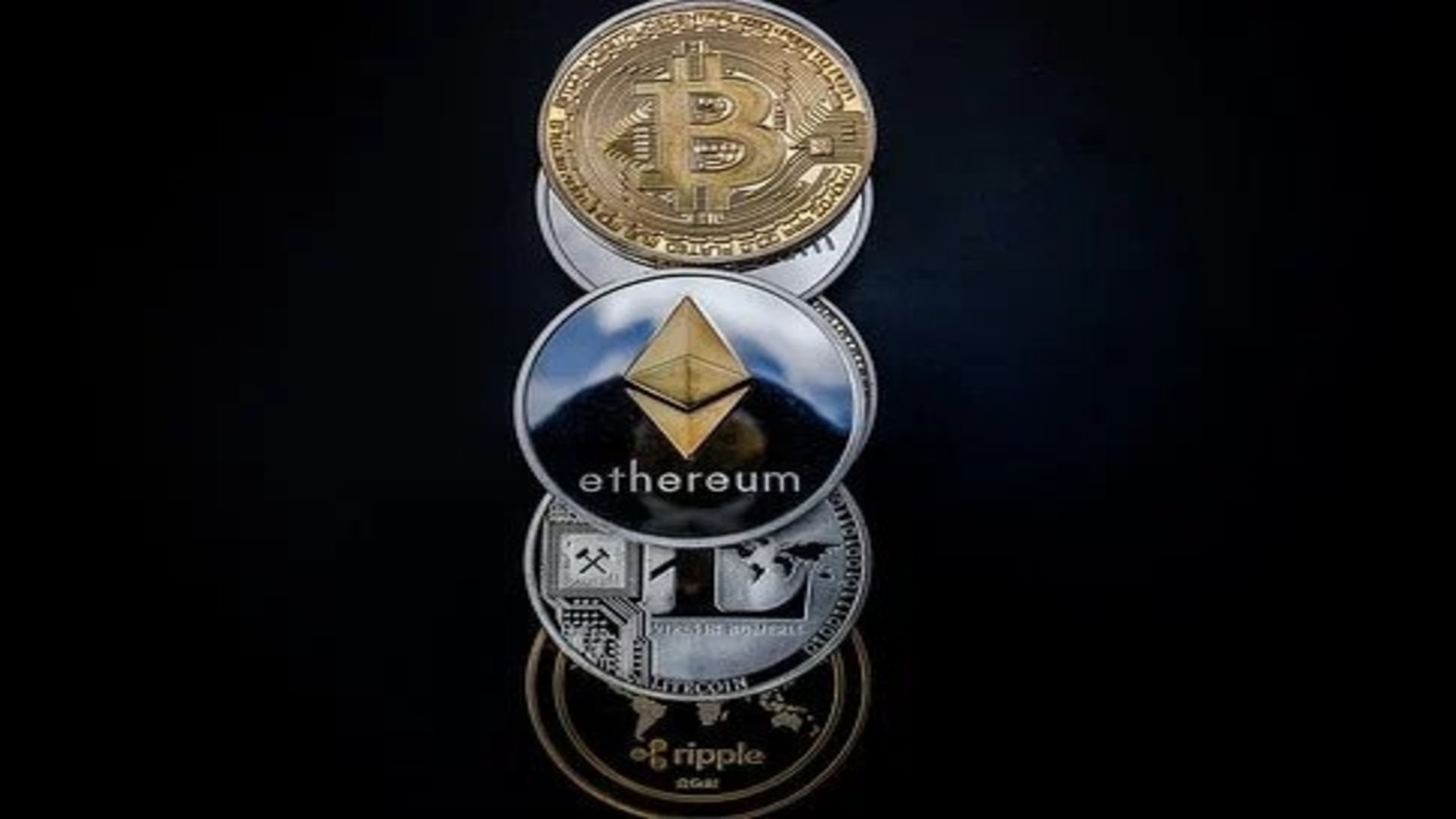












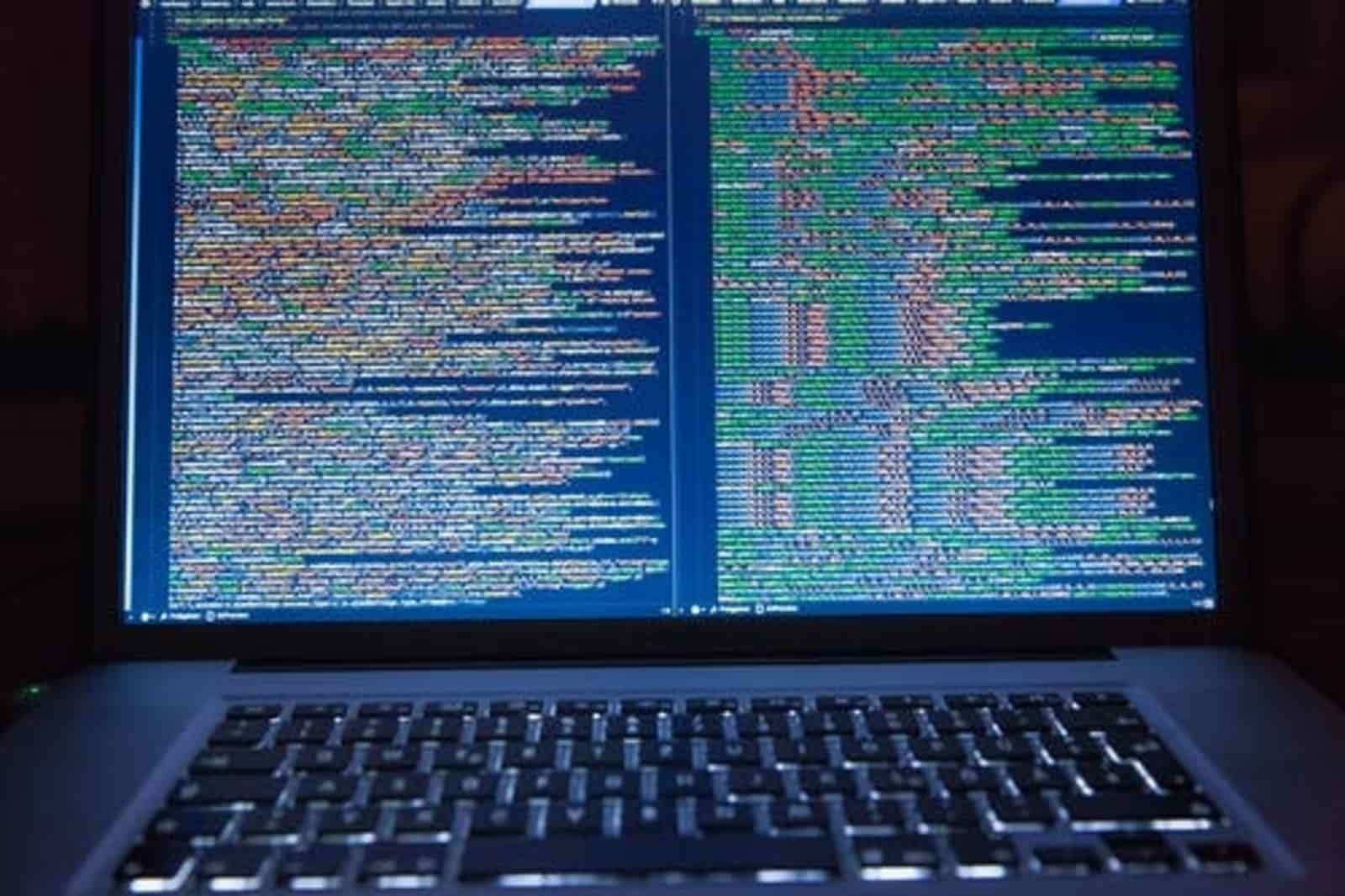






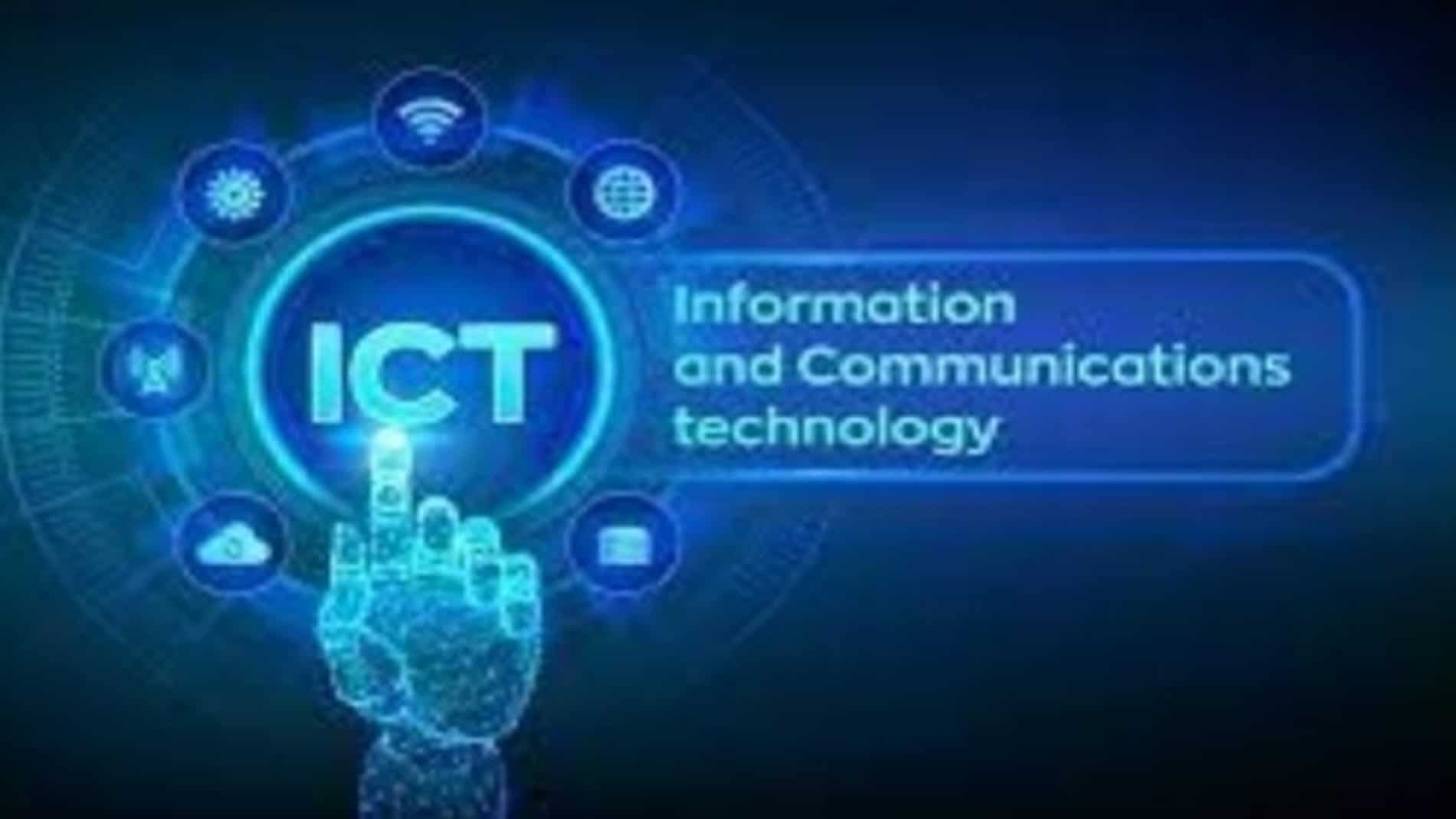


[…] more about how you can become a data scientist or knowledge […]